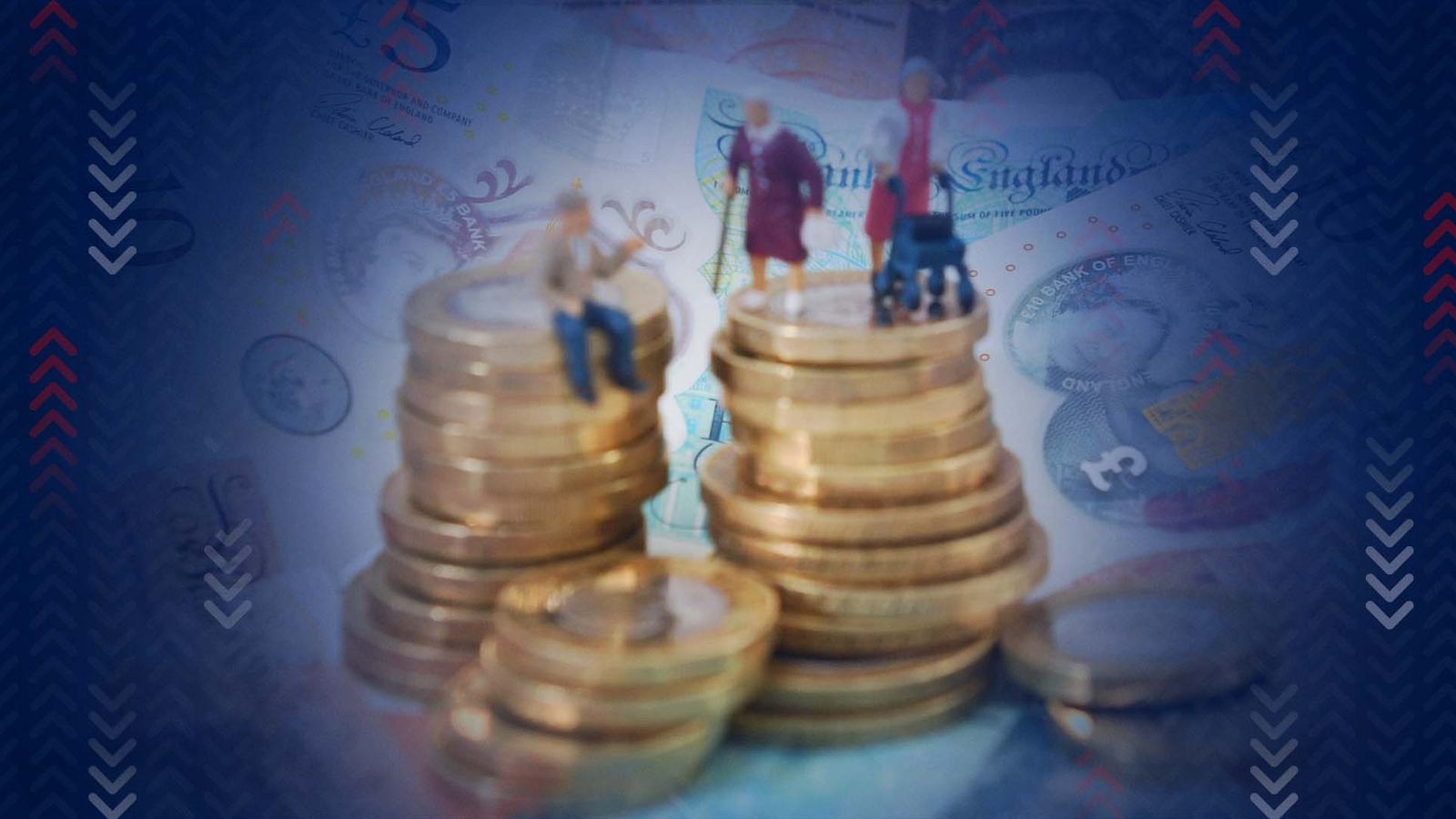Economic forecasting is, like predicting the weather, an inexact science.
You take the best available data, compare it to historical and more recent trends, perhaps chew your pencil, then make your best informed prediction.
In recent months however charting the UK’s economic course has been as tricky as second-guessing the British summer.
As heat waves have been followed by deluges, the economic weather has fluctuated wildly too, with the two occasionally connected.
Wednesday’s data has again had economists’ heads swivelling like a Wimbledon crowd watching play between rain breaks.
The 0.5% fall in GDP during July followed a 0.5% increase in June, which in turn came after a small contraction in May, preceded by an uptick in April and another fall in March.
The fluctuations have been a feature of the economy for more than a year.
The UK has not seen three successive months without a contraction in GDP since April last year. The stop-start pattern has been enough to avoid recession, with the contractions interspersed by small increases in output.
You get the picture. What it means is harder to say.
If there is a trend it is of uncertainty, and economic performance so fragile that small interventions can turn growth into contraction.
Several of the monthly falls can be linked to Royal events. The Platinum Jubilee and the death of the late Queen in 2022, and the Coronation in May, all saw GDP decline as Bank Holidays were called.
The Office for National Statistics (ONS) – of whom more in a moment – attributes some of the latest contraction to the wettest July since 2009 dampening retail and construction performance, contrasting with the positive impact of the warmest June on record.
These relatively small fluctuations do not break the long-term pattern of a UK economy stuck in what the chancellor recently called “a low-growth trap”, but make the Bank of England’s job in determining what to do next harder.
It has been raising interest rates to try and address soaring inflation but is obviously minded to avoid tipping the UK into recession. To that end it would love the economic weather to be clearer, with evidence of a gradual but not disastrous slowdown.
What its policy board members make of the latest slew of data, which earlier this week showed unemployment rising and wages exceeding inflation, the latest estimate of which comes next Wednesday, will become clearer when it makes its rates decision the following day.
Read more:
Number of long-term sick hits new record high
Why the end of interest rate hikes is now in sight
As they ponder they may, in the back of their minds, wonder if they can really trust the date they are looking at.
The ONS is perhaps the foremost state statistical body in the world covering a dizzying array of sectors and subjects with admirable diligence.
It has had a bad month however, announcing a huge correction to historic GDP a fortnight ago, that was itself a revision to a previous estimate, that might have changed the political narrative had it been known at the time.
This is the first GDP data since that correction, and the full impact on the national finances will only be published later this month.
That’s the problem with economic forecasting.
Even when looking backwards it’s an estimate. At least with the weather, there’s no arguing when your shoes are wet.
